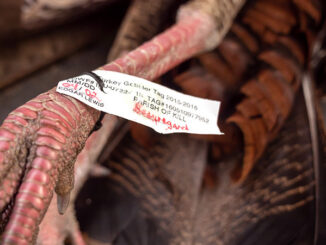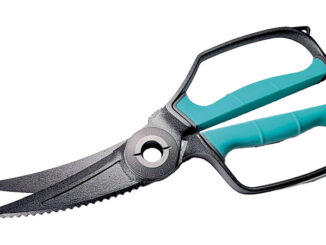
After scouting Lake Guntersville this fall, the ‘Cajun Baby’ has a game plan for a variety of conditions
Cliff Crochet decided to make the eight-hour drive to North Alabama twice this past November to scout Lake Guntersville, where his second Bassmaster Classic cranks up on Feb. 21.
And for the first time in his career, the five-year Bassmaster Elite Series pro spent his days on the water focused on just riding around the lake and soaking up as much geography as possible — instead of fishing.
“I spent more time looking at my depth finder those six days than I ever did in my whole life,” he said. “I found some stuff that excited me when I saw it. I just hope it’s as good as I think it’s going to be.
“I wasn’t really interested in fishing. I could have fished at home. I was more interested in learning what I could about the lake.”
That’s a change of tactics from his first Classic on Lay Lake near Birmingham in 2010, when he spent his scouting days focused on catching fish.
“I fished for 10 days on Lay Lake in freezing weather, and it was miserable,” he said. “I found the fish in December, but when the Classic came around that February, everything was different.
“So I pretty much put myself through 10 days of hell for nothing, and I didn’t want to do that again.”
Even though he did catch a few nice bass, including a 6-pounder, the biggest surprise he found in November on Guntersville was grass.
Lots of it.
“I thought there was a lot of grass for that late in the year,” he said. “Not so much topped-out hydrilla, but in the flats there was more grass than I expected.”
Winter temperatures and the amount of rainfall on the Tennessee River between now and the Classic will go a long way in determining the amount of grass anglers encounter on the 75-mile, 69,000-acre fishery famous for producing lunker bass.
“Grass will be important. The more grass, the more the fish are spread out,” he said. “But the less grass they have, the more people there will be fishing the same grass.”
And in North Alabama in late February, Crochet said the water temperature will be a big question mark, as well.
“It could be anywhere from the upper 30s to the mid-50s at the extremes, but the water temperature is going to dictate what pattern the fish will be in,” he said.
Regardless of conditions, he expects everyone to have a Rat-L-Trap and a jerk bait tied on and ready to go.
“Those are the two given techniques that will catch them for sure, no matter what,” Crochet said. “But with higher water temperatures, you’ll see the more-active, moving baits and aggressive kind of fishing.”
And if conditions are cold, Crochet plans to slow things down.
“The colder the water, the more time I’ll spend fishing slow, real easy,” he said. “I’ll make lots of casts to the same area, because even if you do find them they probably still won’t be very active.”
In an October interview with LouisianaSportsman.com, Crochet estimated the winning total at 78 pounds, and he didn’t see anything in November to change his mind.
“That might be a little high, but I don’t think it will be far off,” said Crochet, who recently added to his growing team of sponsors with Action Industries, Inc., an oilfield and industrial construction services company based out of Belle Rose.
With six days of scouting under his belt, Crochet said he’ll be ready to roll no matter what conditions exist during the third week of February.
“That’s the whole deal with not fishing and just riding,” he said. “If I’m looking for deep water with rocks, I know where that’s at. If I need shallow water with grass, I know where that’s at, too.
“I tried to learn the geography so when all the waiting is done and we finally see how the weather is going to play out, I’ll have a game plan.”


